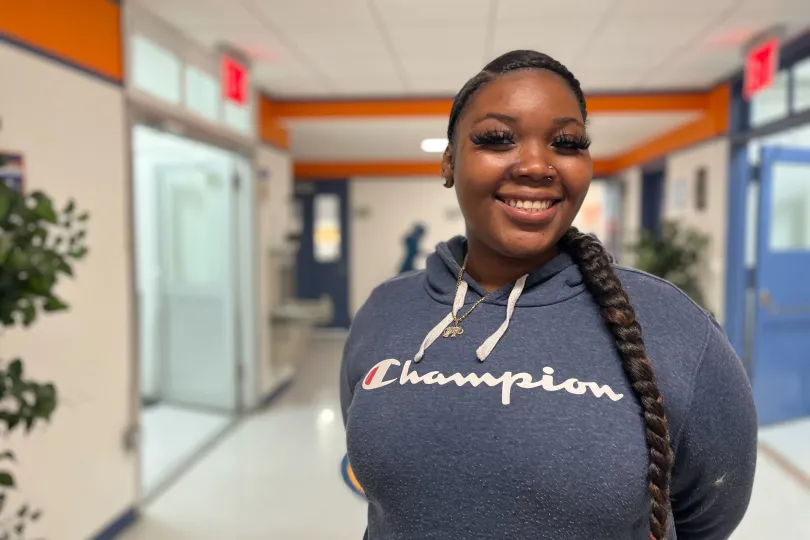Despite community backlash, school for at-risk youth puts down roots in Midwood
Urban Dove, a charter school relocated to a building owned by a historic synagogue, has won over wary neighbors. But a fatal shooting of a student last year reignited persistent opposition.

 This article was originally published on by THE CITY.
This article was originally published on by THE CITY.
Nia Holloway enjoys her morning commute to Midwood, a tree-lined neighborhood full of big houses in south Brooklyn.
Stepping off the train, the 19-year-old high school senior said she is unburdened, no longer feeling like she has to watch her back the way she does in Brownsville, her neighborhood just a few miles north.

Brooklyn Boro
View MoreNew York City’s most populous borough, Brooklyn, is home to nearly 2.6 million residents. If Brooklyn were an independent city it would be the fourth largest city in the United States. While Brooklyn has become the epitome of ‘cool and hip’ in recent years, for those that were born here, raised families here and improved communities over the years, Brooklyn has never been ‘uncool’.